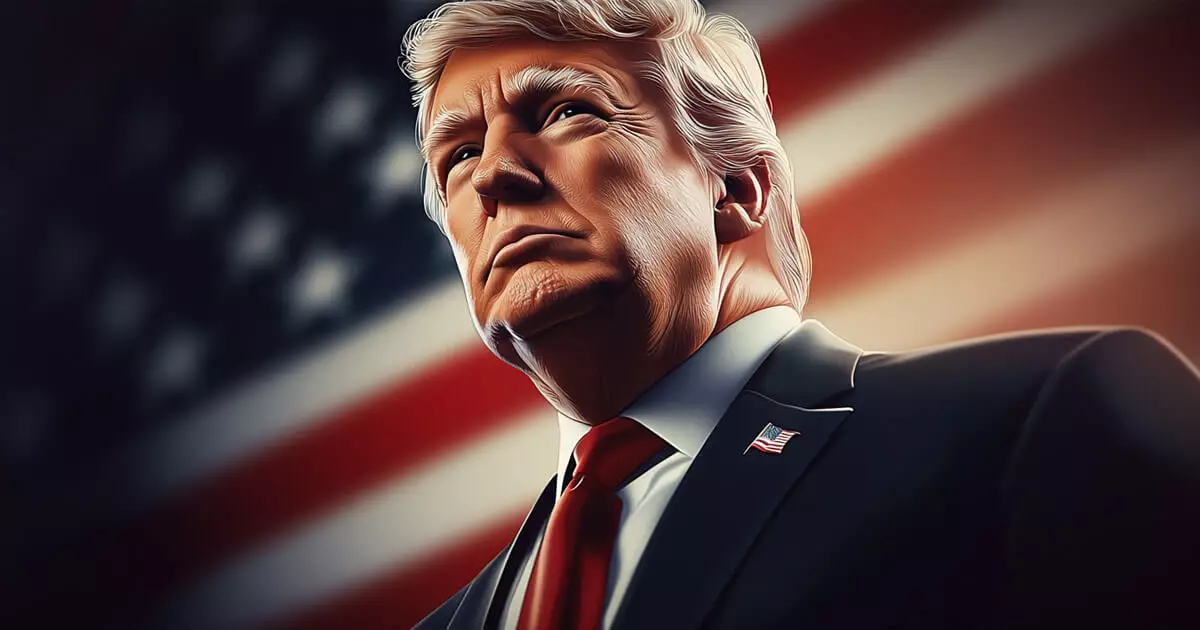The 2024 presidential campaign has reignited discussions around cryptocurrency regulation in the United States, particularly due to Donald Trump’s promises to reduce enforcement in this sector. Current and former legal professionals have hinted that with Trump’s administration, the approach to prosecuting crypto-related offenses will experience a significant shift. The emphasis on strict regulatory oversight appears to wane as Trump focuses on fulfilling his pledges surrounding immigration and other areas deemed more pivotal to his agenda.
During a recent conference in New York, attendees noted that while cryptocurrency fraud cases will not be completely disregarded, they will certainly drop in priority. Scott Hartman, a prominent figure at the U.S. Attorney’s Office in Manhattan, emphasized that resources allocated to prosecuting crypto crimes will decrease. This is particularly notable in the aftermath of the ‘crypto winter,’ where many companies within the crypto sector faced severe downturns, prompting heightened scrutiny. The question remains: will this new laissez-faire regulatory stance lead to detrimental consequences for the crypto industry?
Shifts Within the Justice Department
The Justice Department’s reallocation of resources raises red flags about the future of crypto enforcement. With only 16 prosecutors currently dedicated to these cases, Hartman expressed concerns over further cuts to already limited resources. This potential downsizing indicates a broader trend likely to prioritize other areas of the Trump administration’s agenda, particularly immigration enforcement. Critics might argue that this approach could embolden bad actors within the cryptocurrency space, given that enforcement actions—while not completely eliminated—are being deprioritized.
The nomination of Jay Clayton for the role of U.S. Attorney in Manhattan signals a return to a form of leadership experienced during Trump’s first term. However, Clayton’s track record, while previously marked by some enforcement actions against crypto enterprises, suggests a more measured approach compared to the current administration under Gary Gensler. Gensler’s aggressive stance has been a hot topic, and whether Trump’s administration can effectively alter this landscape remains an open question.
The Implications for Existing Litigation
Currently, the SEC is engaged in numerous significant legal battles with notable crypto firms such as Coinbase and Binance. The uncertainty surrounding future personnel changes may lead to a reassessment of these ongoing cases. With the prospect of Trump’s administration seeking to pivot resources and focus away from cryptocurrency, the momentum of these cases could either stall or transform entirely. This uncertainty casts doubt on the regulatory framework that has been increasingly aimed at imposing stricter controls within the crypto sector.
While Trump’s plans have yet to materialize fully, the implications of a reduced focus on crypto enforcement could have far-reaching effects. Industry participants and stakeholders must navigate this evolving regulatory environment, grappling with the balance between innovation in cryptocurrency and the need for effective oversight against fraudulent practices. Only time will tell how Trump’s administration reshapes the landscape for cryptocurrencies in the United States, but stakeholders should prepare for a new chapter that challenges their understanding of compliance and regulation.

